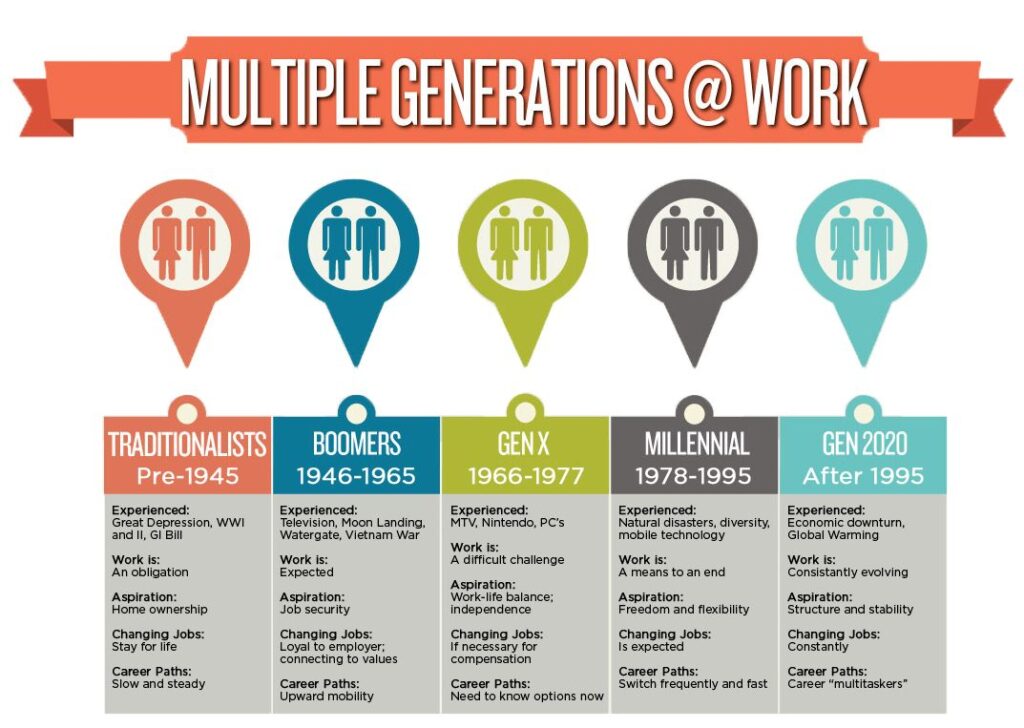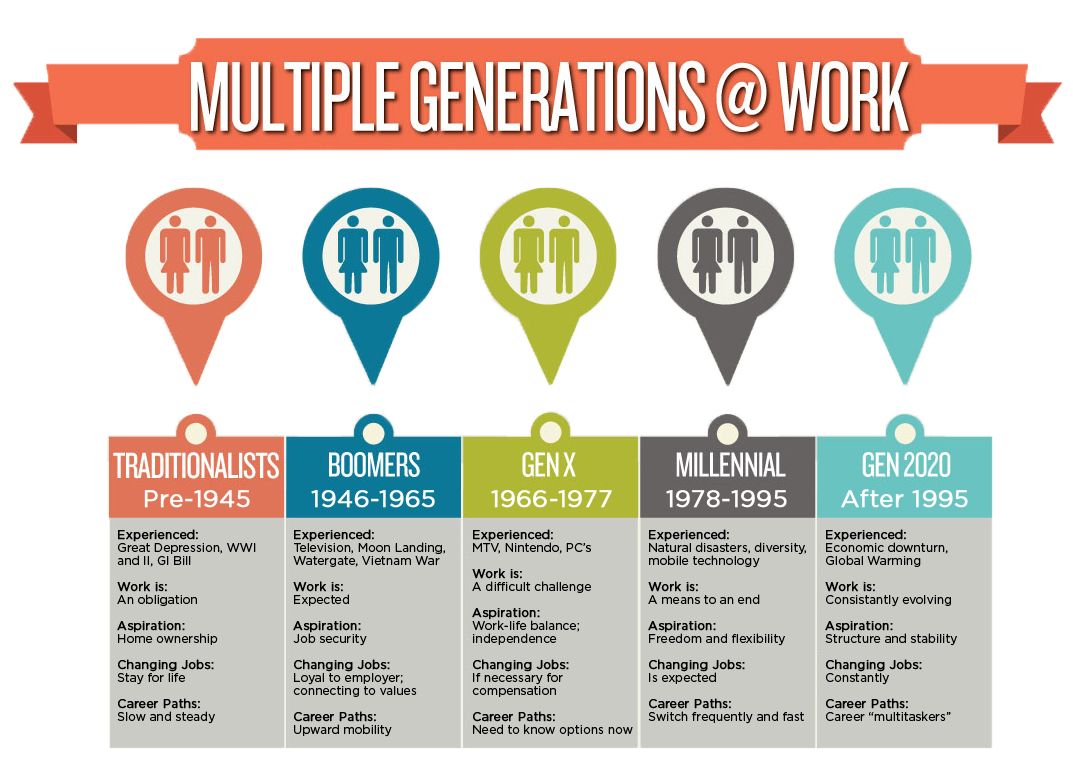
Understanding Generations by Year: A Comprehensive Guide
Have you ever wondered what defines a generation, or how the year you were born shapes your experiences and perspectives? Understanding generations by year is more than just knowing which label applies to you; it’s about grasping the shared cultural, economic, and technological influences that mold entire cohorts. This comprehensive guide delves into the fascinating world of generational studies, offering a detailed breakdown of each generation, exploring their defining characteristics, and providing insights into their impact on society. We aim to provide a trustworthy and expert resource, offering a clear understanding of how generations are defined and the factors that shape them.
Defining Generations: More Than Just a Year
Defining generations goes far beyond simply assigning birth year ranges. It’s about recognizing the profound impact of shared historical events, technological advancements, and cultural shifts that shape a generation’s collective consciousness. While specific year ranges may vary slightly depending on the source, the core concept remains the same: generations are defined by their common experiences during formative years.
These formative experiences often include major events like wars, economic booms or recessions, and technological revolutions. For example, the generation that came of age during the rise of the internet has a fundamentally different perspective than those who remember a pre-digital world. These shared experiences create a sense of collective identity and influence values, beliefs, and behaviors.
Understanding the nuances of generational differences is crucial in various fields, from marketing and advertising to workplace management and political analysis. Recognizing the unique characteristics of each generation allows for more effective communication, targeted strategies, and a deeper understanding of societal trends. This understanding helps bridge gaps and foster collaboration between different age groups.
The Key Generations by Year: A Detailed Overview
Here’s a breakdown of the major generations, along with their approximate birth year ranges and defining characteristics. It’s important to note that these ranges are not absolute, and there can be overlap and variations depending on the source. The following list represents commonly accepted ranges.
- The Greatest Generation (born 1901-1927): This generation lived through the Great Depression and World War II. They are known for their resilience, patriotism, and strong work ethic. Their formative experiences instilled values of frugality, duty, and community.
- The Silent Generation (born 1928-1945): Growing up during times of economic hardship and war, the Silent Generation is characterized by their conformity, respect for authority, and dedication to their careers. They are often described as pragmatic and cautious.
- Baby Boomers (born 1946-1964): The Baby Boomer generation is one of the largest and most influential generations. They experienced significant social and political change, including the Civil Rights Movement and the Vietnam War. They are known for their optimism, workaholism, and focus on personal achievement.
- Generation X (born 1965-1980): Generation X came of age during a period of economic uncertainty and rapid technological change. They are often described as independent, resourceful, and skeptical. They value work-life balance and are comfortable with technology.
- Millennials (born 1981-1996): Millennials grew up in a digital world and experienced the dot-com boom and bust, as well as the 9/11 terrorist attacks. They are known for their tech-savviness, social consciousness, and desire for meaningful work. They value experiences and collaboration.
- Generation Z (born 1997-2012): Generation Z is the first generation to have grown up entirely in the age of the internet and social media. They are digital natives, highly connected, and entrepreneurial. They are concerned about social issues and are passionate about making a difference.
- Generation Alpha (born 2013-2025): Generation Alpha is the newest generation, still being born. They are growing up in a world dominated by technology and are expected to be highly educated and globally connected. Their formative experiences are still unfolding, but they are likely to be shaped by climate change, artificial intelligence, and other emerging technologies.
The Impact of Generational Cohorts on Marketing Strategies
Understanding generational cohorts is paramount for crafting effective marketing strategies. Each generation possesses distinct values, preferences, and communication styles, which directly influence their purchasing decisions and brand loyalty. Tailoring marketing messages to resonate with specific generational traits can significantly enhance engagement and drive conversions.
For instance, Baby Boomers, often valuing traditional advertising channels, might respond well to television commercials and print ads. Millennials, on the other hand, are more likely to engage with social media campaigns and influencer marketing. Generation Z, being digital natives, are highly receptive to personalized content and interactive experiences. Therefore, a one-size-fits-all approach is ineffective when targeting diverse generational groups.
Furthermore, understanding the core values of each generation is crucial for building brand trust. Millennials and Generation Z, for example, prioritize brands that align with their social and ethical values. Highlighting a company’s commitment to sustainability, diversity, and social responsibility can resonate deeply with these generations. By contrast, older generations might prioritize value for money and reliability.
By tailoring marketing strategies to the specific characteristics of each generation, businesses can foster stronger connections with their target audiences, build brand loyalty, and ultimately achieve greater marketing success. This requires a deep understanding of their values, preferences, and communication styles.
Generational Differences in the Workplace: Fostering Collaboration
The modern workplace often comprises individuals from multiple generations, each bringing unique perspectives, skills, and work styles. Understanding these generational differences is essential for fostering effective collaboration, promoting innovation, and creating a harmonious work environment. Misunderstandings and conflicts can arise if generational nuances are not acknowledged and addressed proactively.
For example, Baby Boomers, who often value hierarchy and experience, may clash with Millennials or Generation Z, who prioritize collaboration and innovation. Millennials, accustomed to flexible work arrangements and constant feedback, may find traditional management styles stifling. Generation Z, having grown up in a digital world, may be more comfortable with technology and remote work than older generations.
To bridge these generational gaps, organizations can implement several strategies. Mentorship programs can facilitate knowledge transfer between generations, allowing younger employees to learn from experienced professionals and older employees to gain insights into new technologies and trends. Creating opportunities for cross-generational teamwork can foster mutual understanding and appreciation for diverse perspectives.
Furthermore, promoting open communication and providing training on generational differences can help employees understand and appreciate the unique strengths of each generation. By fostering a culture of inclusivity and respect, organizations can harness the collective wisdom and talents of their diverse workforce, leading to greater innovation and success.
Generational Wealth Transfer: Trends and Implications
The transfer of wealth between generations is a significant economic phenomenon with far-reaching implications. As older generations, particularly Baby Boomers, enter retirement, they are poised to transfer trillions of dollars to younger generations, primarily Millennials and Generation Z. This generational wealth transfer will reshape the economic landscape and influence investment patterns, consumer behavior, and philanthropic activities.
Millennials, who are expected to inherit a significant portion of this wealth, have different financial priorities than previous generations. They are more likely to invest in socially responsible companies, prioritize experiences over material possessions, and seek financial advice from online sources. This shift in investment preferences will influence the growth of sustainable investing and the demand for personalized financial services.
Generation Z, known for their entrepreneurial spirit and tech-savviness, are likely to use inherited wealth to start their own businesses, invest in emerging technologies, and support social causes. Their financial decisions will shape the future of the digital economy and drive innovation in various industries.
Understanding the trends and implications of generational wealth transfer is crucial for financial institutions, investment advisors, and policymakers. By adapting their services and strategies to meet the evolving needs and preferences of younger generations, they can capitalize on this economic shift and contribute to a more sustainable and equitable future.
The Future of Generational Studies: Emerging Trends
Generational studies continue to evolve as new generations emerge and societal changes accelerate. Several emerging trends are shaping the future of this field, including a greater focus on intersectionality, the impact of globalization, and the role of technology in shaping generational identities. Researchers are increasingly recognizing that generational experiences are shaped by a complex interplay of factors, including race, ethnicity, gender, socioeconomic status, and geographic location.
The rise of globalization has also blurred the lines between generations, as individuals from different countries and cultures are increasingly interconnected through technology and travel. This interconnectedness has led to a greater sharing of ideas, values, and experiences, creating a more globalized generational identity.
Technology continues to play a pivotal role in shaping generational experiences, particularly for younger generations. Social media, artificial intelligence, and other emerging technologies are transforming the way individuals communicate, learn, and interact with the world. Understanding the impact of these technologies on generational identities is crucial for predicting future trends and developing effective strategies for engaging with different generations.
Understanding Generations by Year: Why It Matters Now
Understanding generations by year is no longer just an academic exercise; it’s a critical tool for navigating an increasingly complex and interconnected world. From marketing and workplace management to political analysis and social understanding, generational awareness provides valuable insights into human behavior and societal trends. By recognizing the unique characteristics, values, and experiences of each generation, we can foster better communication, build stronger relationships, and create a more inclusive and equitable society.
As new generations emerge and the world continues to evolve, the importance of generational studies will only continue to grow. Staying informed about generational trends and adapting our strategies accordingly is essential for success in all aspects of life. We encourage you to continue exploring this fascinating topic and to apply your understanding of generations to your personal and professional endeavors.

